
‘Scientists Work to Make This World a Better Place’
Federico Gallo is a Research Fellow at the Centre for Cognition and Decision Making of the HSE Institute for Cognitive Research. In 2023, he won the Award for Special Achievements in Career and Public Life Among Foreign Alumni of HSE University. In this interview, Federico discusses how he entered science and why he chose to stay, and shares a secret to effective protection against cognitive decline in old age.
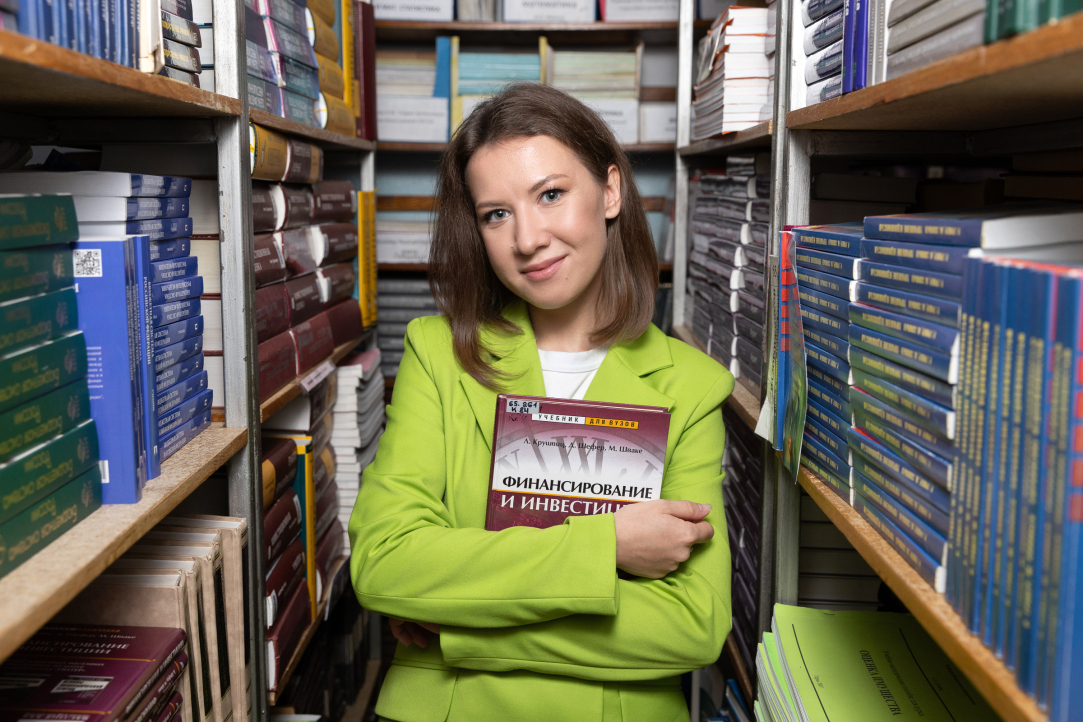
'Children's Literature Offers a Fresh Perspective, Helping us Discover New Insights in Everyday Things'
Yulia Zaripova studies neuromarketing, exploring how our brain makes decisions. In this interview with the HSE Young Scientists project, she discusses her academic career, reflects on the importance of celebrating even small victories, and shares her favourite places in Perm.
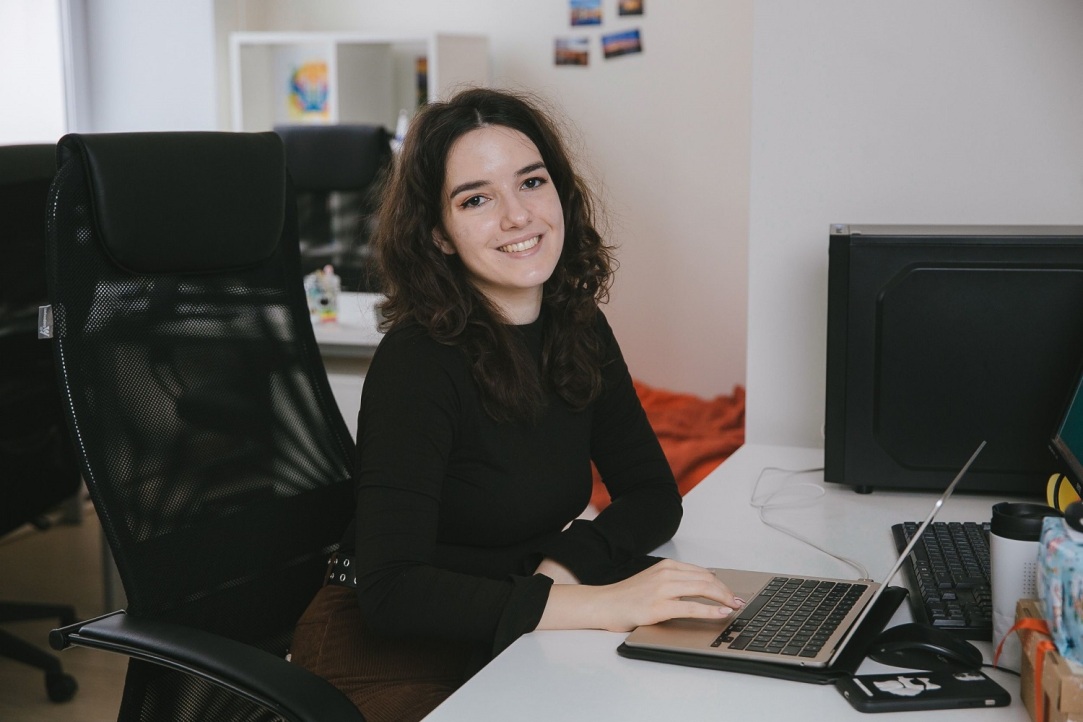
'I Want Science to Help Me Explore New Horizons'
Eliana Monahhova worked as a journalist for various media outlets, but after realizing she frequently wrote long-form pieces on the psychology of the human brain, she decided to change her career focus. In this interview with the HSE Young Scientists project, she discusses the perception of fake content, shares her dream of meeting Robert Sapolsky, and talks about her upcoming YouTube channel.
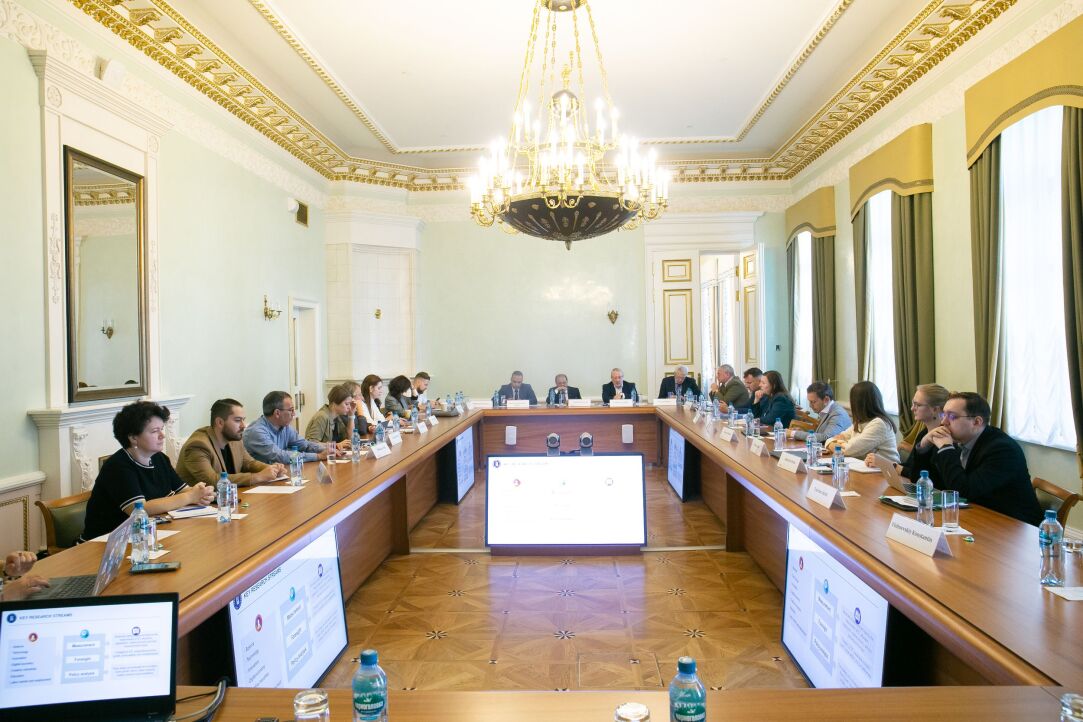
‘Geographical Distance No Longer a Problem’: ISSEK Fosters Cooperation with Think Tanks in BRICS Countries
In September, the HSE Institute for Statistical Studies and Economics of Knowledge hosted an international working meeting with representatives from Brazilian, Egyptian, and Indian think tanks. The participants discussed opportunities for cooperation, including joint surveys, comparative studies, databases, and publications on foresight, technology, and innovation. It was also decided to draft a multilateral agreement to establish the BRICS Foresight Association.
.jpg)
Working while Studying Can Increase Salary and Chances of Success
Research shows that working while studying increases the likelihood of employment after graduation by 19% and boosts salary by 14%. One in two students has worked for at least a month while studying full time. The greatest benefits come from being employed during the final years of study, when students have the opportunity to begin working in their chosen field. These findings come from a team of authors at the HSE Faculty of Economic Sciences.

HSE University and Sber Researchers to Make AI More Empathetic
Researchers at the HSE AI Research Centre and Sber AI Lab have developed a special system that, using large language models, will make artificial intelligence (AI) more emotional when communicating with a person. Multi-agent models, which are gaining popularity, will be engaged in the synthesis of AI emotions. The article on this conducted research was published as part of the International Joint Conference on Artificial Intelligence (IJCAI) 2024.
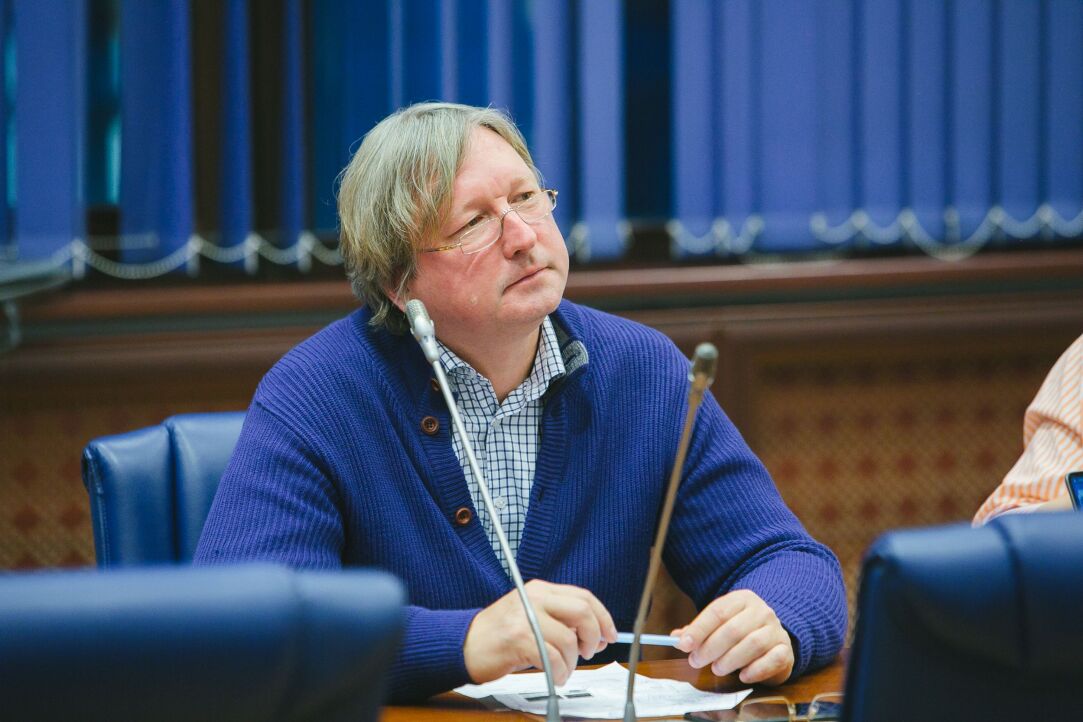
HSE University Hosts Russia’s First Doctoral Defence in Cognitive Science
Vasily Klucharev, HSE professor and Leading Research Fellow at the Institute for Cognitive Neuroscience, successfully defended his doctoral dissertation in cognitive science. This was the first doctoral dissertation in this discipline in Russia.
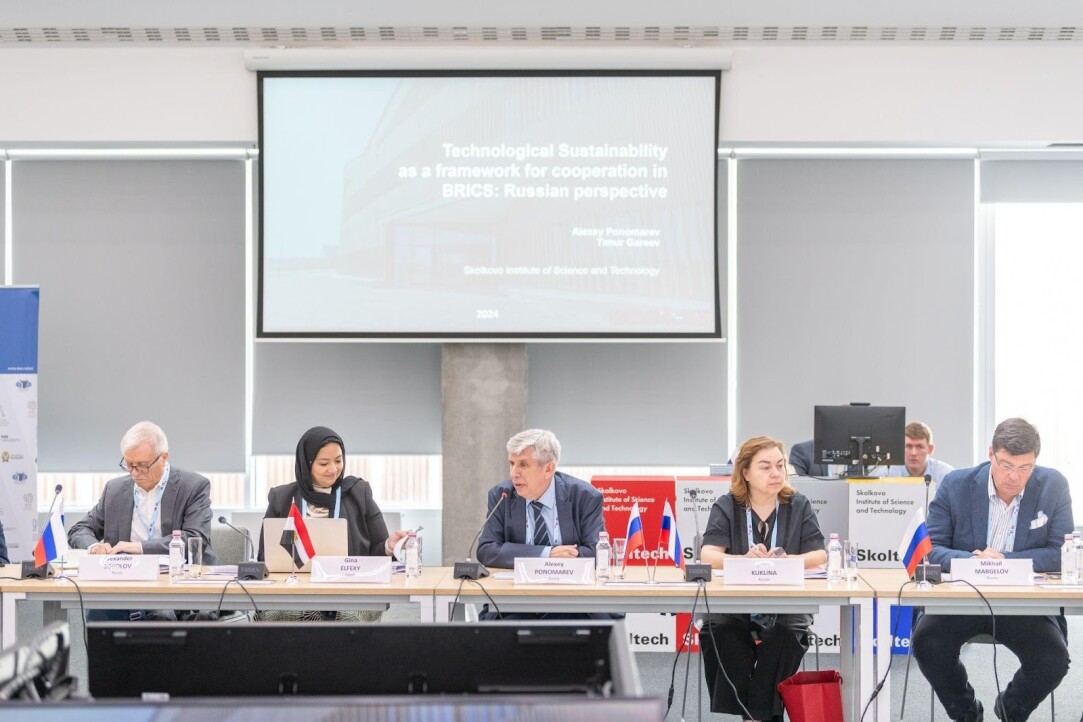
HSE Experts Take Part in the First International Workshop on Technological Sustainability of BRICS
On September 19–20, Skoltech hosted the First International Workshop on Technological Sustainability of BRICS: University-Industry Partnerships, organised jointly with HSE University Human Capital Multidisciplinary Research Center. The meeting was held as part of the BRICS working group on technology foresight and science and technology studies.
.png)
Two HSE University Projects Receive Support for Commercialisation
At the end of August 2024, the first projects to receive funding as part of the commercialisation support measure were announced. Starting in September 2024, two projects from the HSE Faculty of Computer Science — CardioLife and Melange — were selected for financial support to aid in the commercialisation of their products and services, enabling them to enter the market.
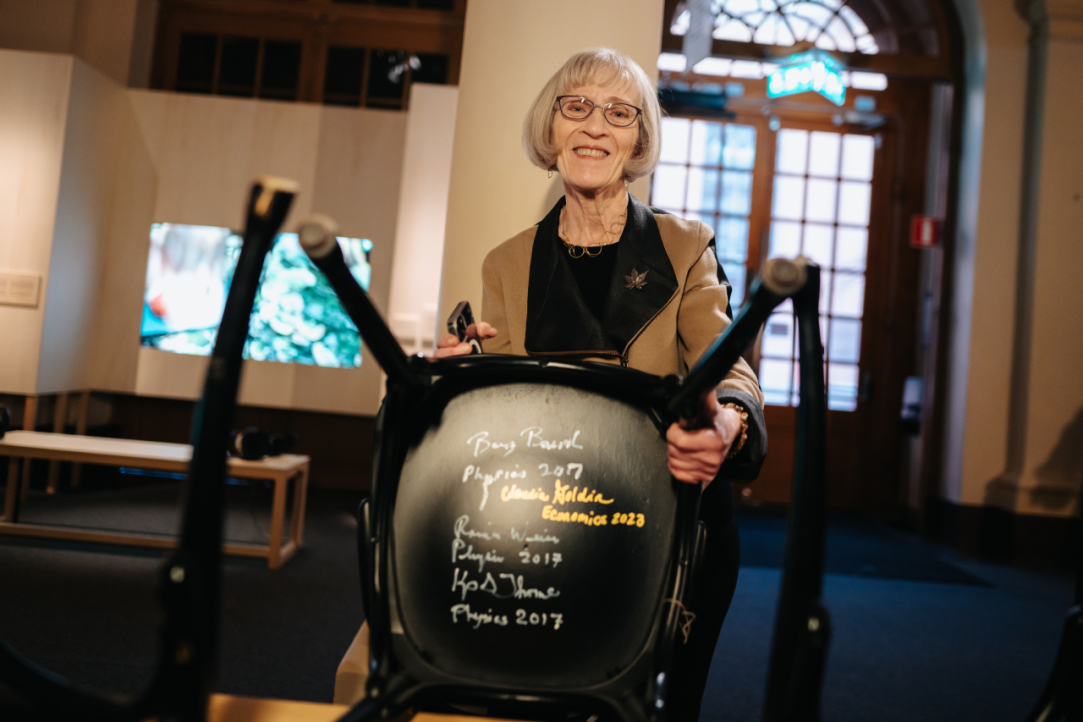
Try Your Hand at Predicting the 2024 Nobel Prize Winner in Economics
The Faculty of Economic Sciences is launching its annual prediction contest. On October 14, the Nobel Committee will announce the winners of the Sveriges Riksbank Alfred Nobel Prize in Economic Sciences live on air. You have time to prepare and explore the landscape of contemporary economic thought. What topics and areas are considered particularly important and promising at the moment? Anyone can win.

